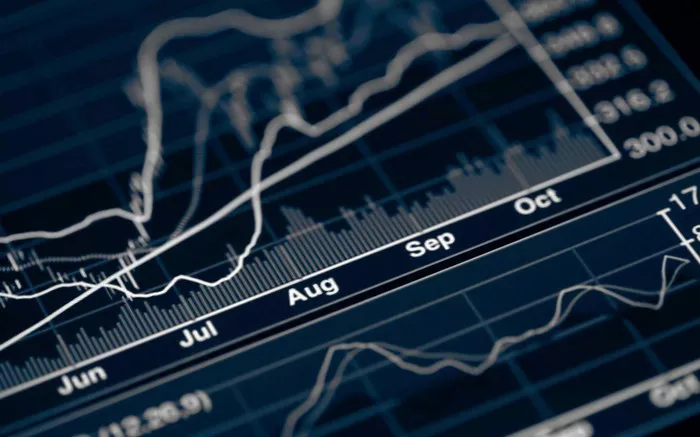Asian stock markets showed mixed results on Friday, with Chinese technology stocks outperforming while most other regional equities experienced declines.
Japan’s Nikkei 225 index slipped by 0.44%, reaching 38,893.65, while Australia’s S&P/ASX 200 eased 0.04% to 8,517.20. South Korea’s Kospi dropped by 0.23%, settling at 2,530.79. However, Hong Kong’s Hang Seng gained 1.35%, rising to 31,173.35, and China’s Shanghai Composite increased by 1.33% to 3,314.29.
Chinese technology stocks trading in Hong Kong surged, fueled by renewed investor interest sparked by the release of AI models from DeepSeek. Stocks of major Chinese tech firms saw significant gains, with Xiaomi up 5.67%, trading at 42.85 Hong Kong dollars, Alibaba rising 1.47% to 100 Hong Kong dollars, and Tencent, China’s largest video game company, climbing 1.90% to 428.40 Hong Kong dollars.
Japan’s Nikkei 225 index faces additional pressure due to a stronger yen, following a rise in January household spending that raised expectations for further interest rate hikes by the Bank of Japan. Yeap Jun Rong, a market strategist at IG, noted that both headline and core inflation have accelerated recently, reinforcing the case for more policy actions to tackle rising prices.
In the U.S., Wall Street showed a mixed performance on Thursday, with the S&P 500 rising 0.36%, the Dow Jones Industrial Average falling 0.28%, and the Nasdaq Composite gaining 0.51%. Investors are also closely monitoring the evolving global trade situation, particularly U.S. President Donald Trump’s tariff policies. After Trump signed executive orders to impose 25% tariffs on Mexico and Canada, there was some relief in the markets as both countries received a 30-day reprieve, leading to hopes that tariffs would be used more as a negotiation tool rather than a long-term policy.
Despite this, Trump has continued with 10% tariffs on Chinese goods, prompting China to retaliate by imposing tariffs on U.S. coal, liquefied natural gas, crude oil, agricultural machinery, and large-engine cars. Additionally, China launched an antitrust investigation into Google and placed two other firms on its unreliable entity list.
In energy markets, U.S. benchmark crude added 30 cents to $70.91 a barrel, while Brent crude, the international standard, rose 34 cents to $74.63. In currency trading, the U.S. dollar inched up to 151.55 Japanese yen from 151.35 yen, while the euro fell slightly to $1.0379 from $1.0383.


